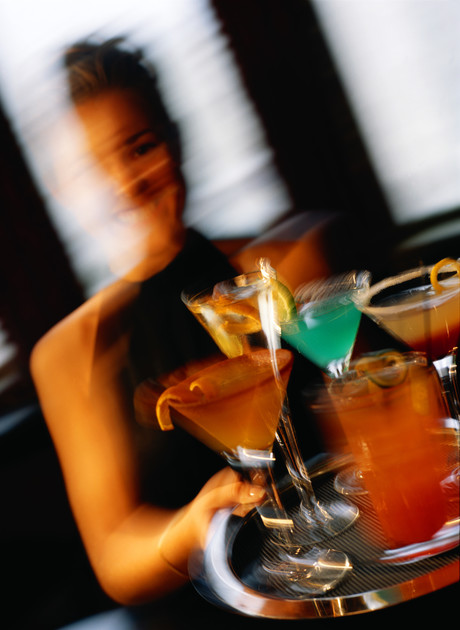How booze is linked to emotions

As any seasoned drinker will tell you, different types of alcoholic drinks are linked to different emotions. Now, a UK study published in the online journal BMJ Open has mapped the feelings people associate with types of tipples.
Looking at survey data from 30,000 18- to 34-year-olds in 21 countries, the researchers found spirits were most commonly associated with feelings of aggression, energy and confidence, while red wine and beer were most commonly associated with relaxation. While the study cannot show cause and effect, the authors say understanding how emotions are linked to drink choice can help address alcohol misuse.
Global survey
To explore the potential emotional factors underpinning alcohol preference, the researchers drew on anonymised responses to the world’s largest online survey of legal and illicit drug and alcohol use among adults (the Global Drug Survey or GDS).
The GDS, which is provided in 11 languages, includes specific questions on alcohol consumption and the feelings associated with drinking beer, spirits, and red or white wine when at home or when out.
The emotions included are energised, relaxed, sexy, confident, tired, aggressive, ill, restless and tearful.
Elicited outcomes
Spirits were the least likely to be associated with feeling relaxed (20%), while red wine was the most likely to elicit this feeling (just under 53%), followed by beer (around 50%).
Drinking spirits was also more likely to draw out negative feelings than all the other types of alcohol. Nearly one-third (30%) of spirit drinkers associated this tipple with feelings of aggression compared with around 2.5% of red wine drinkers.
But spirits were more likely to elicit some more positive feelings than either beer or wine. Over half (around 59%) of respondents associated these drinks with feelings of energy and confidence. And more than four out of 10 (42.5%) associated them with feeling sexy.
Responses differed by educational attainment, country of origin and age, with the youngest age group (18–24) the most likely to associate any type of alcohol with feelings of confidence, energy and sexiness when drinking away from home.
The responses also differed by gender and category of alcohol dependency. Women were significantly more likely than men to associate each feeling — except for aggression — with all types of alcohol.
Sobering responses
Men were significantly more likely to associate feelings of aggression with all types of alcohol, as were those categorised as heavy/dependent drinkers, who were six times more likely to do so than low-risk drinkers.
Heavy drinkers were more likely to select any drink that was associated for them with feelings of aggression and tearfulness when at home or when out.
These findings suggest that dependent drinkers may rely on alcohol to generate the positive emotions they associate with drinking, as they were five times more likely to feel energised than low-risk drinkers, say the researchers.
This is an observational study, so no firm conclusions can be drawn about cause and effect. And the researchers emphasise that there are likely to be many factors involved in the feelings elicited by alcohol, including advertising, when and where alcohol is drunk, and the alcohol content of different drinks.
But they conclude: “Understanding emotions associated with alcohol consumption is imperative to addressing alcohol misuse, providing insight into what emotions influence drink choice between different groups in the population.”
Around 3.3 million deaths and around one in 20 cases of ill health and injury around the globe are directly attributable to alcohol.
$1bn vaccine and antivenom manufacturing facility opens
A $1 billion cell-based influenza vaccine and antivenom manufacturing facility has opened in...
National concussion clinical guidelines now available
The first Australia- and New Zealand-specific guidelines for all forms of concussion — from...
Doctors criticise "risky prescribing agenda"
The AMA and RACGP have expressed disappointment in the Pharmacy Board of Australia's...


![[New Zealand] Transform from Security Awareness to a Security Culture: A Vital Shift for SMB Healthcare — Webinar](https://d1v1e13ebw3o15.cloudfront.net/data/89856/wfmedia_thumb/..jpg)
![[Australia] Transform from Security Awareness to a Security Culture: A Vital Shift for SMB Healthcare — Webinar](https://d1v1e13ebw3o15.cloudfront.net/data/89855/wfmedia_thumb/..jpg)




